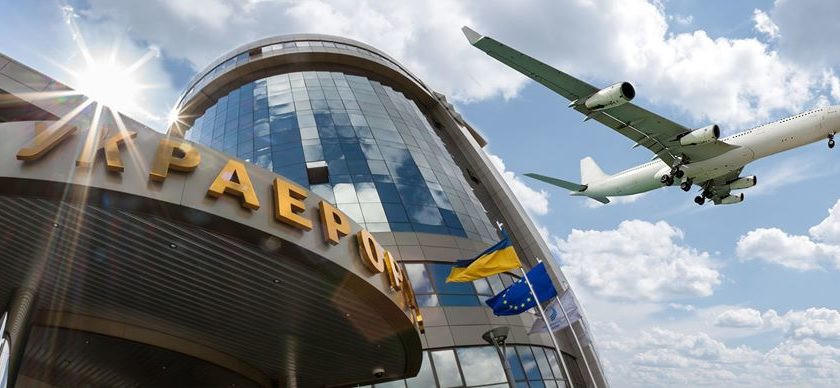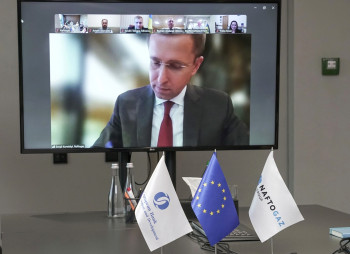- EBRD €25 million loan to air navigation service UkSATSE under EBRD Solidarity Package
- Financing addresses liquidity and working capital needs
- Ensuring vital infrastructure services despite impact of coronavirus pandemic
The European Bank for Reconstruction and Development (EBRD) is providing a loan of up to €25 million to Ukrainian State Air Traffic Services Enterprise (UkSATSE), the country’s air navigation service provider. The EBRD is stepping in at a critical moment to support its long-standing client UkSATSE to help the company to withstand the global economic crisis and prepare to return to normal operations in the future.
The financing will address the liquidity and working capital needs of the company to maintain the uninterrupted provision of vital operations despite a significant reduction in air travel following the worldwide lockdown triggered by the coronavirus pandemic and public health measures to contain its spread.
In addition, the EBRD solidarity financing will support the further integration of UkSATSE into the Eurocontrol Common Route Charges System, system for the cost recovery of air traffic services, and Ukraine’s accession to the European Common Aviation Area agreement as well as ensuring the successful implementation of the Local Single Sky Implementation Programme.
The financing is part of the EBRD Solidarity Package, which focuses on ensuring continuity of key services under threat by the economic impact of Covid-19. The EBRD expects to dedicate its total business investment of up to €21 billion in the period 2020-21 to combat the coronavirus crisis.
Ensuring vital infrastructure is a key challenge as providers are facing sharply reduced revenues while governments are forced to direct budget resources to emergency measures mitigating the consequences of the pandemic.
Matteo Patrone, EBRD Managing Director Eastern Europe and the Caucasus, said: “This is an important step to strengthen the Ukrainian air navigation service during and after the crisis. As the situation in many countries around the world remains highly volatile, it is crucial to secure the continuation of air navigation as well as prepare the provider for a bigger re-opening of air travel.”






